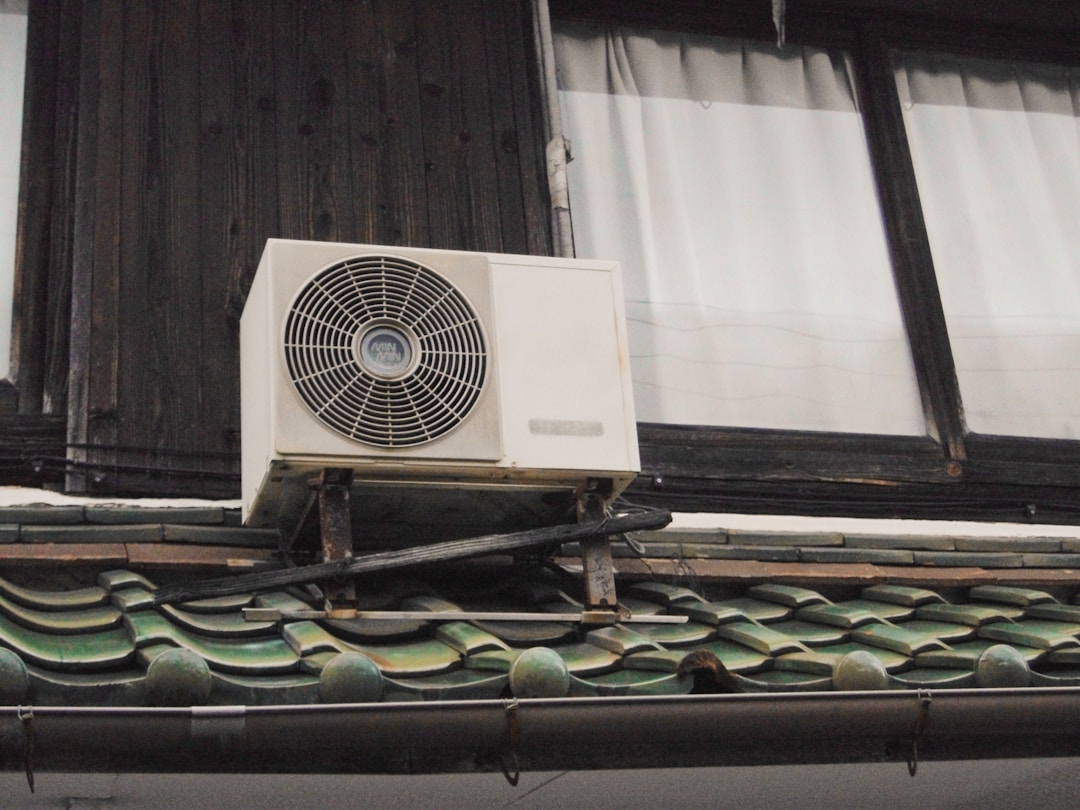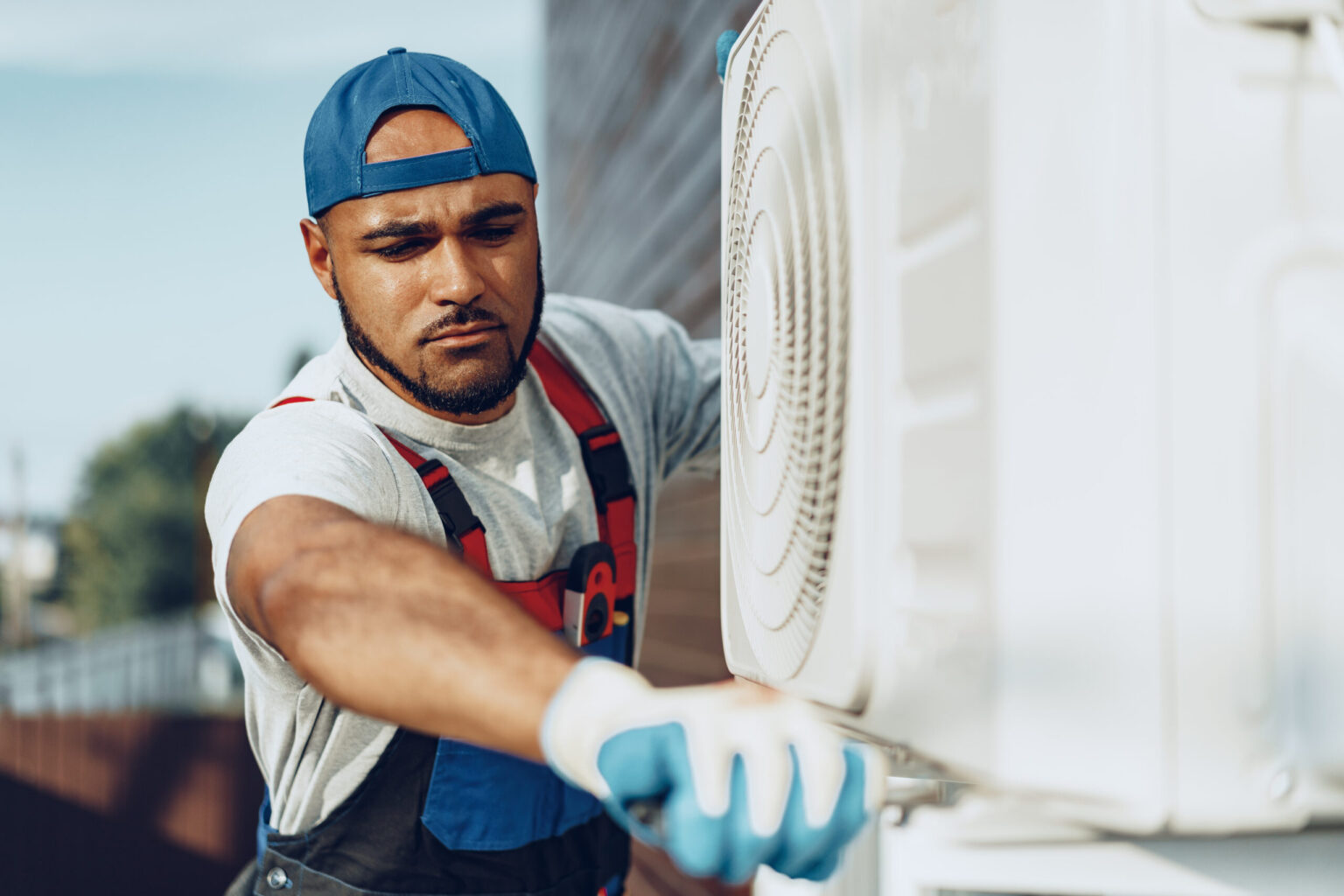A well-functioning air conditioning unit is essential to maintaining a comfortable home environment. However, like all home appliances, an air conditioning unit will experience wear and tear over time, potentially leading to a need for repair or even a replacement. So, how do you determine when it’s time to repair or replace your air conditioning unit? In this article, we will discuss various factors to consider when making your decision.
Assessing the Age and Efficiency of Your Unit

One important factor to consider when deciding whether to repair or replace your air conditioning unit is its age and efficiency. Generally, air conditioning units have a lifespan of 10 to 15 years. Units older than 10 years may require more frequent and costly repairs, which can make replacement a more economical choice in the long run. HVAC technicians, such as Price Heating and Air, can offer insights into the best energy-saving options for your home. In many cases, the potential energy savings of a new unit can offset the initial costs of replacing an older, less efficient unit.
Moreover, a new unit can contribute to a reduction in your home’s greenhouse gas emissions, thereby contributing to a more sustainable future. In addition to age, the Seasonal Energy Efficiency Ratio (SEER) is a major aspect of evaluating the efficiency of your air conditioning unit. The higher the SEER rating, the more energy-efficient your air conditioner is. If your unit has a low SEER rating, upgrading to a newer model with a higher rating will lead to greater energy savings and lower utility bills.
Frequency and Cost of Repairs

Another critical factor in determining whether to repair or replace an air conditioning unit is the frequency and cost of repairs. As a general rule of thumb, it is more sensible to repair a unit rather than replace it if the cost of the repair is less than 50 percent of the cost of a new system. As your air conditioner ages, the likelihood of needing future repairs will rise. If your unit requires frequent repairs or if repair costs are continually mounting, it may be more affordable to invest in a new unit. Make sure to ask a professional for guidance on the cost-effectiveness of repairing versus replacing your air conditioner.
Comfort Level in Your Home
Ultimately, the primary purpose of an air conditioning system is to maintain a comfortable temperature in your home. If you find that your unit is struggling to maintain a consistent temperature or if certain areas of your home are persistently hot, it may be time to consider replacing the system. Modern air conditioning units often feature enhanced comfort capabilities, such as improved temperature control, filtration, and humidity management, which can also improve air quality.
Advanced features can make a significant difference in maintaining a consistent and comfortable temperature throughout your home. Furthermore, newer models tend to be quieter than older units, which can improve the overall comfort of your living environment. If the noise has been an issue with your current unit, you may appreciate the silent operation of a newer model.
Environmental Impact and Energy Savings

As previously mentioned, energy efficiency is a top consideration when evaluating whether to repair or replace your air conditioning unit. Aside from the financial benefits of lower energy bills, upgrading to a more energy-efficient model can also reduce the environmental impact of your home’s cooling system. Newer models generally use refrigerants that contribute less to the greenhouse effect. Updating your system can even raise the value of your home since buyers are interested in eco-friendly properties.
Beyond that, a more efficient system will consume less energy on a day-to-day basis, resulting in a reduced carbon footprint for your household. When considering a new air conditioning unit, seek guidance from professionals who can assist you in choosing environmentally friendly options. By investing in a new unit with a lower environmental impact, you can save both money and contribute to a greener future.
As you can see, determining whether to repair or replace your air conditioning system depends on a variety of factors, such as its age, efficiency, repair frequency, and the comfort it provides. Take all these aspects into account and consult a knowledgeable professional to make the best decision for your home and your budget. If you follow the tips in this article, then you’ll have an HVAC system that meets your needs for years to come.


